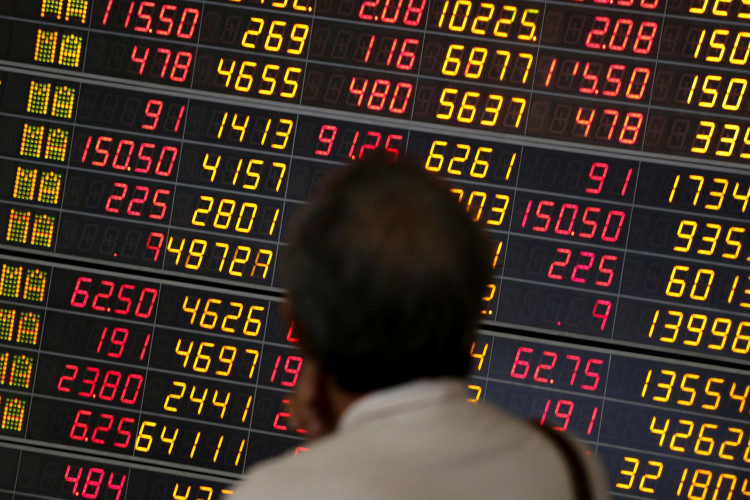As it attempts to curb gains in the baht, Governor Veerathai Santiprabhob said Thailand's central bank would initiate new measures to alleviate limitations on financial outflows in the next few weeks.
The Bank of Thailand is looking to hike the volume of revenue that exporters can hold overseas, liberalize foreign-currency deposit accounts, and take steps to allow insurance companies to invest more abroad, Veerathai said in an interview in his Bangkok office on Wednesday.
The Bank of Thailand has struggled to rein in the baht after gaining nearly 6 percent over the past year against the dollar, making it the best performer in Asian currencies.
The appreciation has harmed exports and curbed tourism, denting the trade-reliant economy to two key industries. After the governor's remarks on Wednesday, the baht weakened instantly, rising 0.1 percent against the dollar at $30,314 in Bangkok's trading floors.
The 50-year old Veerathai disclosed to Bloomberg Television that the baht had not risen in line with last year's economic fundamentals. While the central bank is not targeting a specific level, he said it wants to make sure that the movements of the currency are more in line with global and other peers in the emerging market.
The central bank has already taken several steps to counter the gains of the baht: it has cut interest rates to a record low last year, imposed measures to counter short-term inflows in July, and loosened rules to spur outflows in November.
According to Jitipol Puksamatanan, chief strategist at Krung Thai Bank Pcl in Bangkok, the Bank of Thailand now seems to be in a position to control the baht. Puksamatanan said he believes the link between the baht and other Asian currencies "would be restored in order to support exports."
A member of the Monetary Policy Committee of Thailand said Monday that the central bank would aim to avoid increasing the currency above 30 to the dollar. Veerathai said members of the committee may have spoken for himself, and not represented the views of the central bank.
The governor added that the central bank is taking a "data-dependent approach" to monetary policy and will be willing to take a more political action if economic growth is misleading.
Last month, the bank trimmed down its growth outlook for the current year to 2.8 percent, compared to last year's estimated 2.5 percent. Inflation remains below the new annual target of1 percent to 3 percent.






